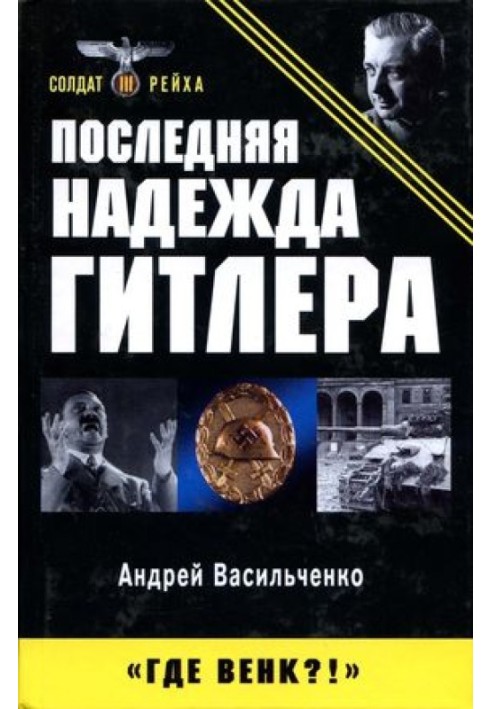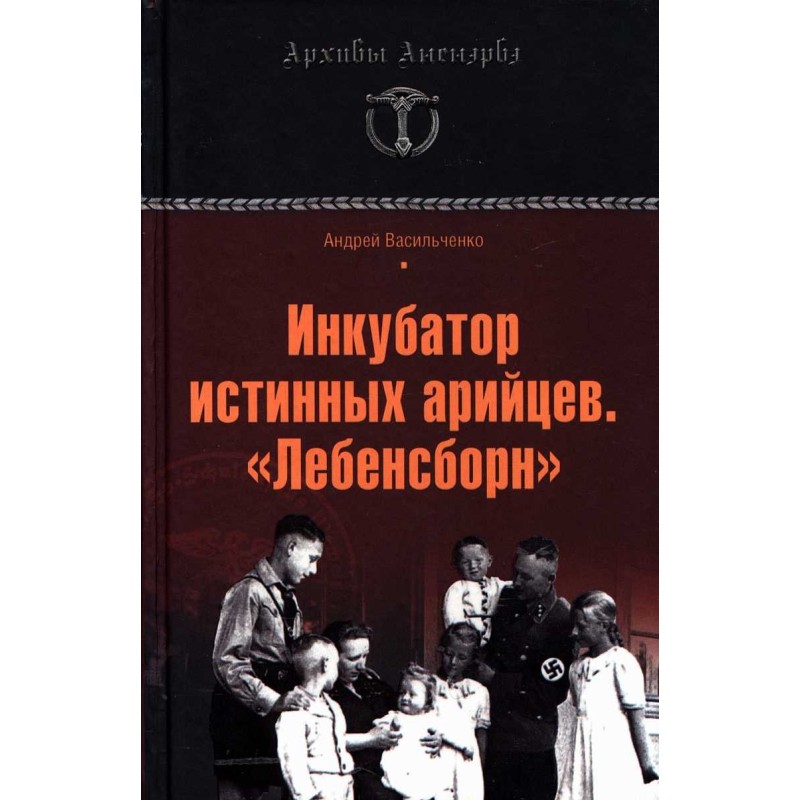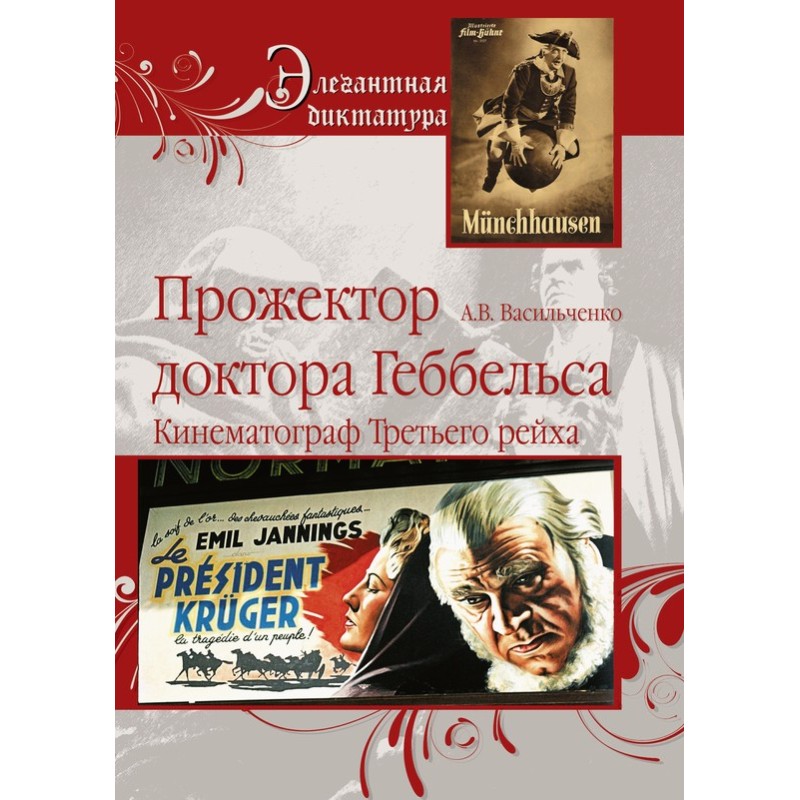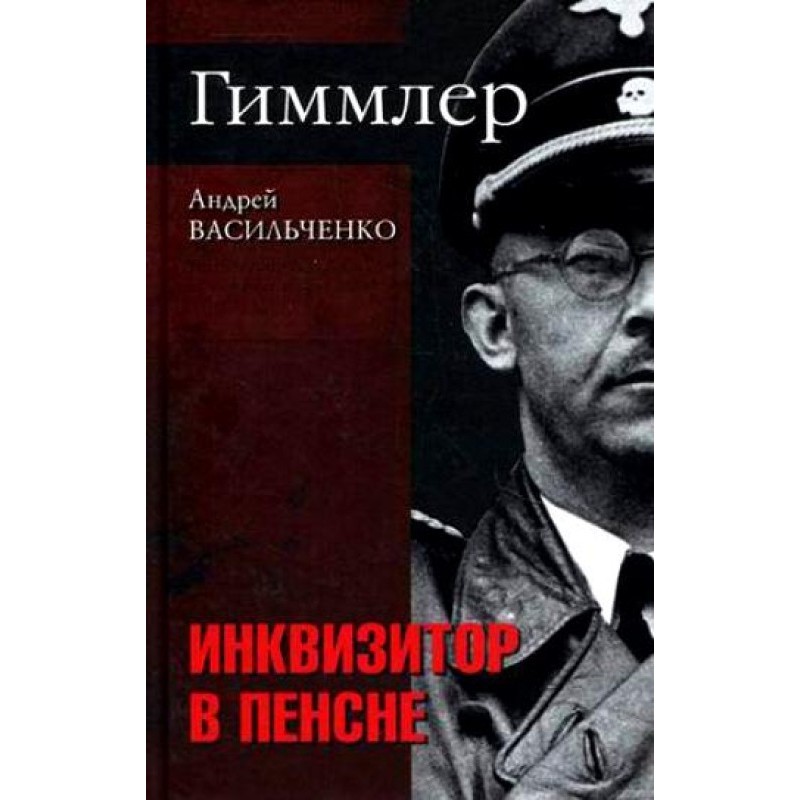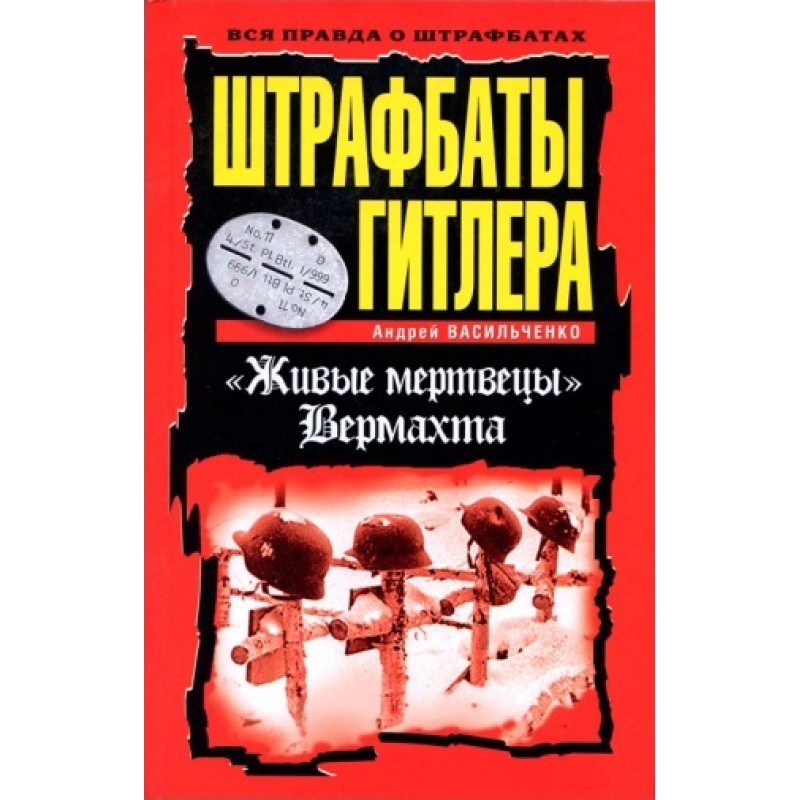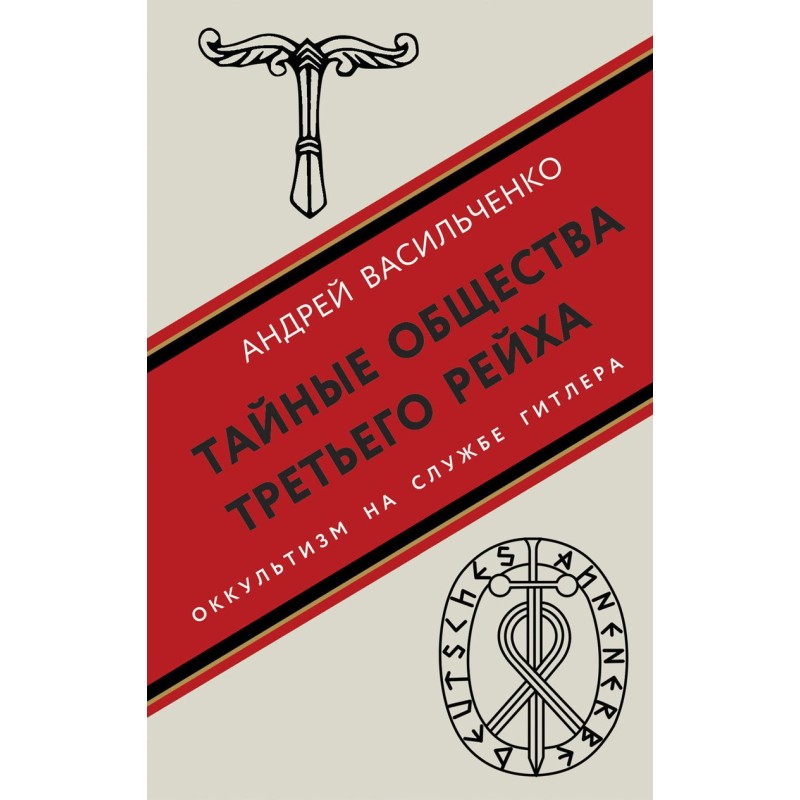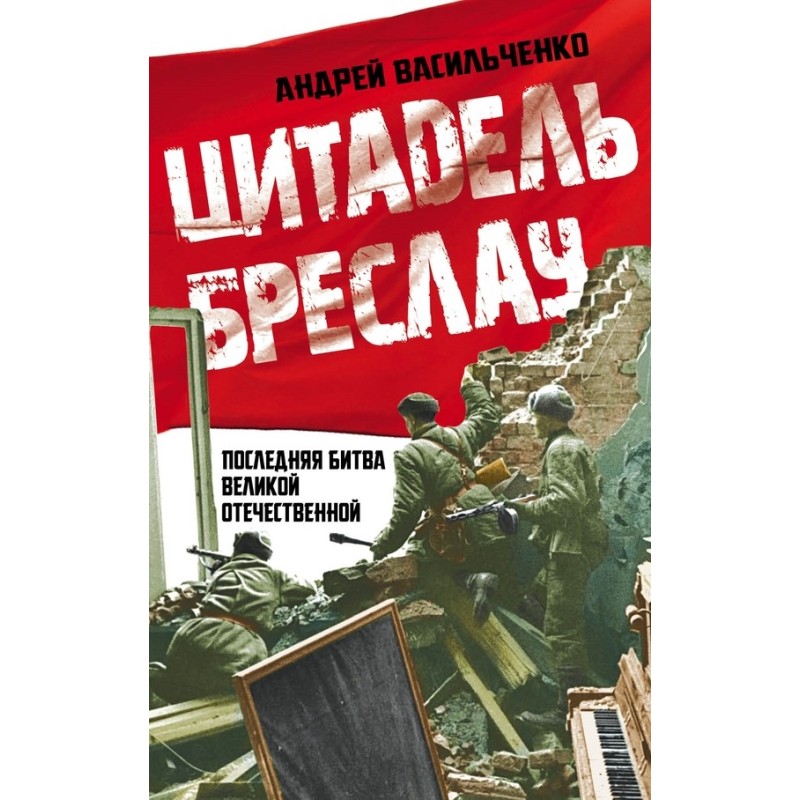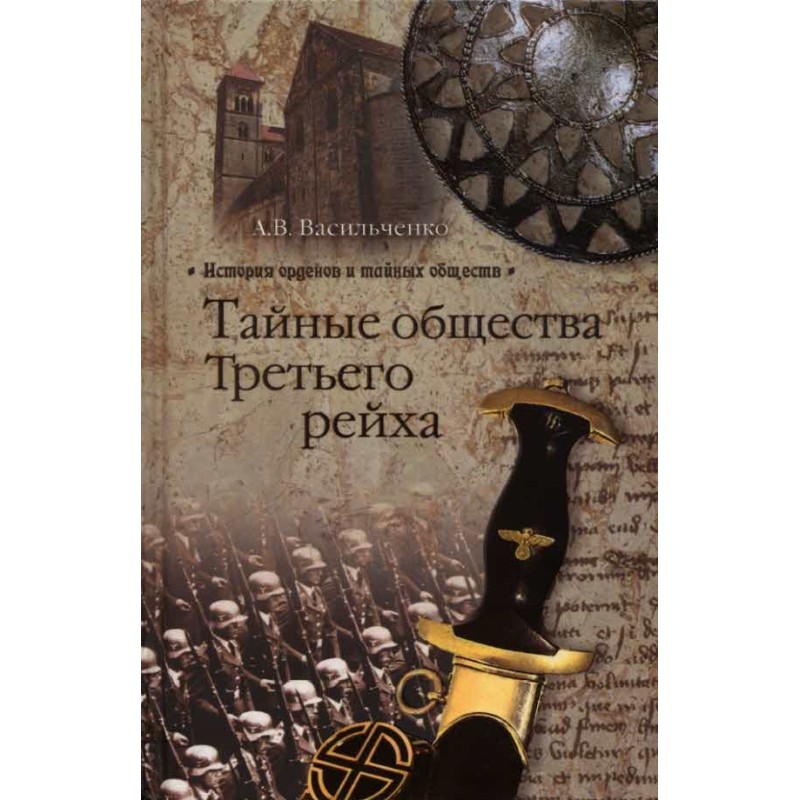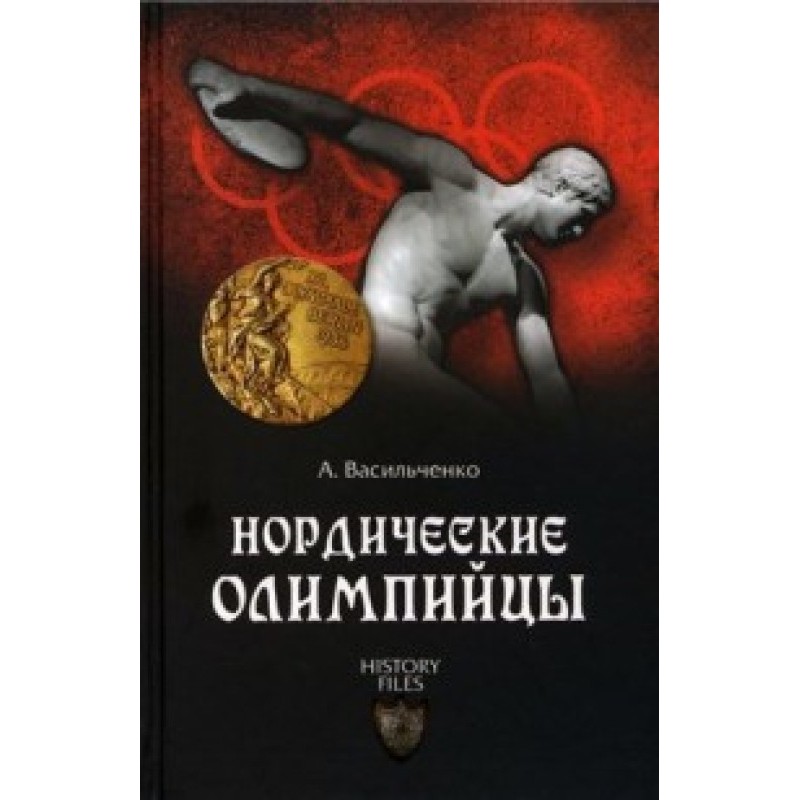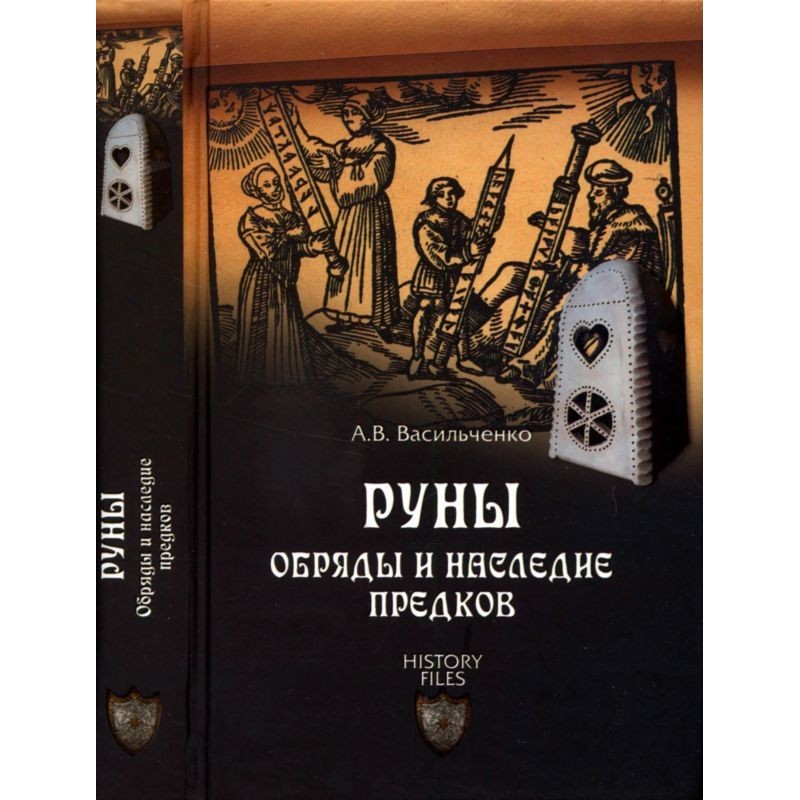Hitler's last hope
 Instant download
Instant download
after payment (24/7)
 Wide range of formats
Wide range of formats
(for all gadgets)
 Full book
Full book
(including for Apple and Android)
“Where is Wenk?!” - this hysterical cry became the leitmotif of the agony of the Third Reich. At the end of April 1945, even the most fanatical Nazis had no doubt that their regime was living its last days. Only one person has not yet lost hope. His name was Adolf Hitler, and the Fuhrer's last hope was General Walter Wenck, commander of the 12th Army, who received orders - no less than anything - to release Berlin, throw back the Red Army and turn the tide of the war. Hitler did not know - or, rather, did not want to know , - that behind the big words “Wenck’s army”, “corps”, “divisions”, “tank destroyer brigade” were hidden the pitiful remnants of previously defeated German units, where even teenagers from the Hitler Youth were drafted, most of the recruits had no combat training, there was not enough weapons and ammunition, many units received the nickname Bauchabteilungen (“stomach battalions”), since they gathered goons suffering from stomach diseases, and most importantly, no one believed in victory. The counterattack of the 12th Army on Berlin was doomed to failure in advance, Hitler’s last hope turned out to be an empty mirage, and his desperate dying call: “Where is Wenck?!” - was never heard...
Data sheet
- Name of the Author
- Андрей Васильченко Вячеславович
- Language
- Ukrainian
- Release date
- 2009
Reviews
Вражаюча та глибока книга про останні дні Третього Рейху
Ця книга є потужним свідченням про останні дні нацистського режиму, зосереджуючи увагу на безнадійній ситуації, в якій опинився Адольф Гітлер та його оточення. Автор майстерно передає атмосферу страху, відчаю та безвиході, які панували в той час. Особливо вражає образ генерала Вальтера Венка, який, незважаючи на всі обставини, намагався виконати накази фюрера, що виявляється не лише трагічним, а й іронічним. Книга спонукає задуматися про природу влади, віри та безглуздості війни. Хоча текст перекладено з використанням штучного інтелекту, що може призвести до деяких недоліків у формулюваннях, загальна якість перекладу залишається високою. Рекомендую цю книгу всім, хто цікавиться історією Другої світової війни та психологією людей у критичних ситуаціях.

